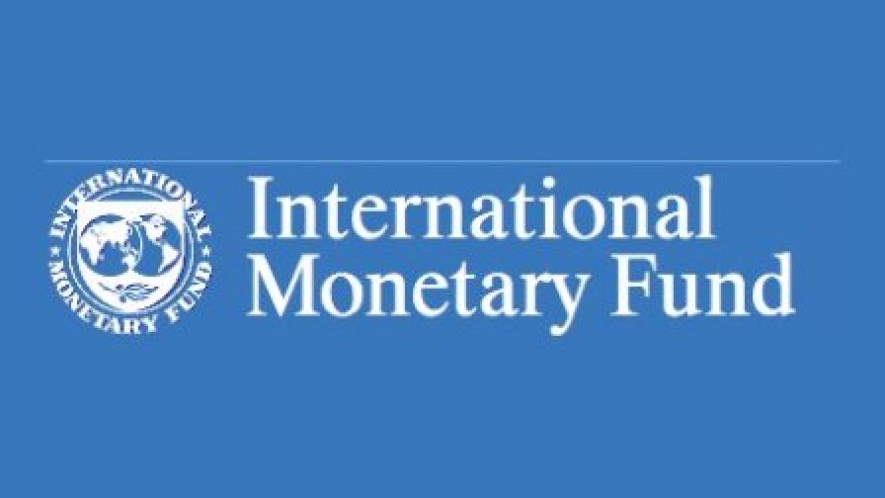The review falls under the program supported by a three-year extended arrangement under the Extended Fund Facility (EFF) arrangement and the disbursement of the equivalent of SDR 119.894 million brings total disbursements under the program to about USD 501.5 million.
Following the Executive Board’s discussion of the review, Mitsuhiro Furusawa, Acting Chair and Deputy Managing Director, said:
“Sri Lanka’s performance under the Fund-supported program has been broadly satisfactory. Macroeconomic and financial conditions have been stable, despite severe weather events and global market volatility. The authorities launched fundamental income tax reform, undertook meaningful corrective actions to achieve program targets on international reserves, and remain committed to the reform program. Going forward, the reform momentum should strengthen further with greater ownership, building on the progress made so far.
“Fiscal performance has been strong. Targets for the fiscal balance and tax revenue have been met. The new Inland Revenue Act, which has been submitted to parliament, will support fiscal consolidation, make the tax system more efficient and equitable, and generate resources for social and development programs. Nevertheless, Sri Lanka’s high debt burden and gross financing needs require further revenue-based consolidation. Timely progress in structural reforms, including tax administration and energy pricing, will strengthen the platform for durable consolidation.
“Inflation and credit growth remain on the high side. While monetary policy was tightened in March, further tightening is desirable until clear signs emerge that inflation pressures and credit expansion have subsided. While financial soundness indicators remain stable, banks’ capital adequacy ratio has declined due to rapid credit growth. Financial sector supervision should be strengthened, and macro-prudential measures could be deployed to rein in credit growth if needed.
“Continued international reserves accumulation and enhanced exchange rate flexibility, to which the authorities are committed, would reduce Sri Lanka’s external vulnerabilities.” (CDN)




















